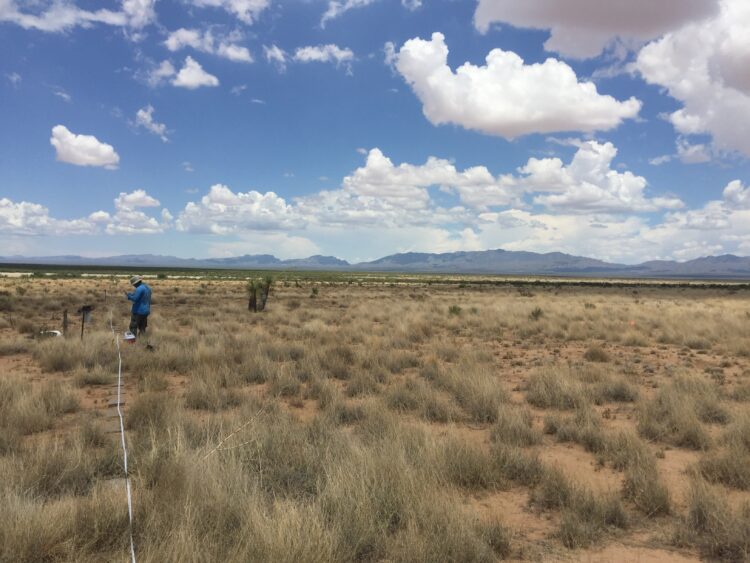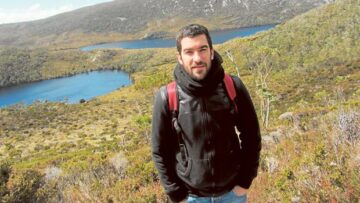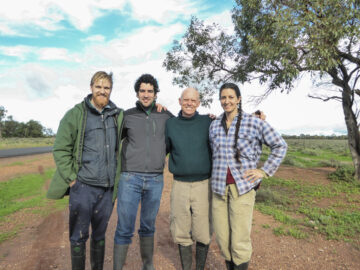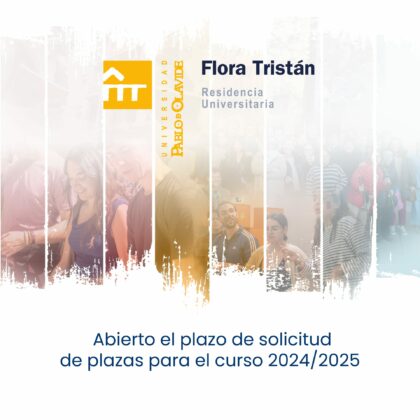
A research team led by the Pablo de Olavide University investigated the changes in the structure and function of terrestrial ecosystem during millions of years of ecosystem development. The study published by Nature Communications advances our knowledge of the natural history of terrestrial ecosystems, and resolves one of the major unsettled questions in ecology: What are the major drivers of ecosystem structure and function at the global scale?
“Terrestrial ecosystems are fundamental for humanity, they are our home, regulate our climate and produce the food that we consume. However, terrestrial ecosystems are not stationary, they change and evolve as time passes over millions of years. Such changes result in variations in soil fertility, carbon stocks, and both microbial and plant communities” explained Delgado-Baquerizo, leader of the Biodiversity and Ecosystem Functioning Lab from the UPO.

Understanding the factors controlling the structure and function of terrestrial ecosystems is fundamental to help predict how ecosystems will change in response to climate change and land degradation, and to face future global crisis. Current theories suggest that the fate of ecosystems is controlled by factors such as soil age, climate, vegetation type, parent material and topography. However, the relative importance of these factors in controlling the structure and function of these ecosystems has never been tested before at a global scale, being one of the most important unresolved questions in the field of ecology.
This new study provides evidence that the ecological context in which ecosystems develop (e.g., climate and parent material) is far more important than ecosystem age in controlling the structure and function of terrestrial ecosystems. This ecological context is in charge of the soil fertility, carbon stocks and plant production which support human life on Earth. “Our study shows that arid ecosystems will always have much less fertile soils, with less carbon and less capacity to produce food than temperate and tropical ecosystems” “Similarly, terrestrial ecosystems developed on sand dunes tend to be less fertile than those developed on volcanic substrates, regardless of their soil age” says Delgado-Baquerizo.
This information is essential to improve our understanding of how the terrestrial ecosystems will work, and respond to climate change and land use changes at a global scale. “For instance, this study suggests that deforestation and increases in aridity associated with current human activities may affect the development of terrestrial ecosystems over the next millions of years, impacting on their capacity to store carbon, support soil fertility and plant productivity, and ultimately influencing the life of the organisms thriving out there.” Highlights Delgado-Baquerizo.

A global network of collaborators
This study took place under the CLIMIFUN project within the framework of the Marie Skłodowska-Curie Action. The project aims to evaluate the changes in soil organisms and functions during ecosystem development. To achieve these aims, researchers conducted a soil survey over almost one hundreds terrestrial ecosystems for which soil age is known, and which included a wide variety of ecosystem types from deserts and polar ecosystems, to temperate and tropical forests.
This work contributes to our understanding of the role of soil organisms in terrestrial environments, which is one of the main goals of the Biodiversity and Ecosystem Functioning Lab at UPO. Delgado-Baquerizo’s team also recently contributed to identifying those regions of Earth where we have gaps in our knowledge of soil taxa and how they affect functioning ecosystems; research that was also published in Nature Communications.
Reference
Delgado-Baquerizo, M. et al. The influence of soil age on ecosystem structure and function across biomes. Nature Communications (2020).





